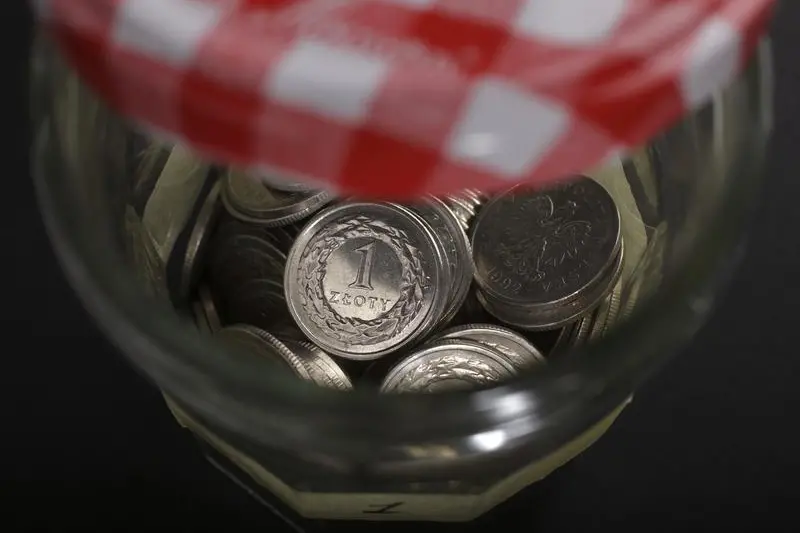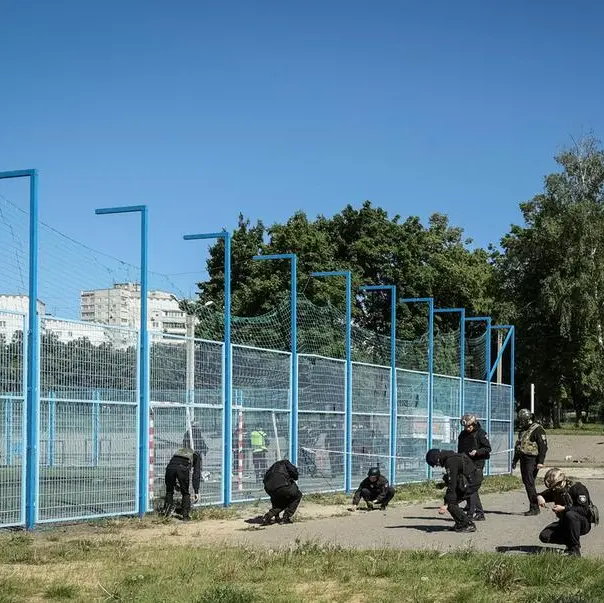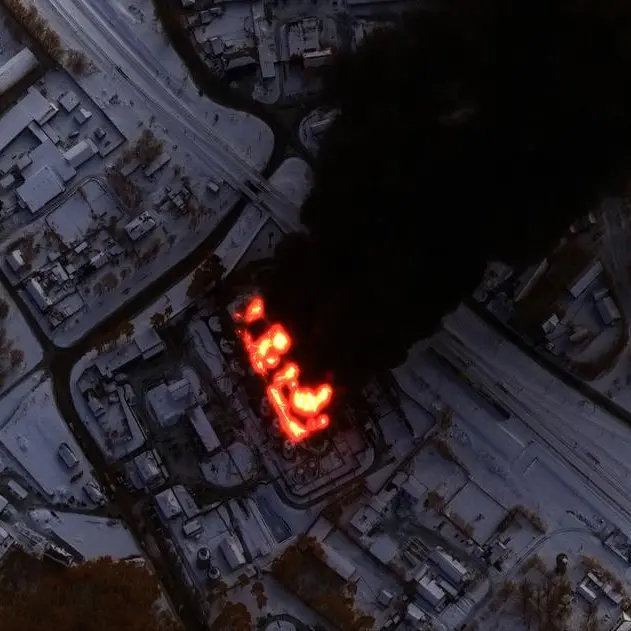PHOTO
The Ukraine conflict and surging prices dragged manufacturing sentiment lower among Czech and Polish manufacturers in April as growth prospects came under further strain, although Hungarian companies were more optimistic, surveys published on Monday showed.
Russia's invasion of Ukraine on Feb. 24, which Moscow calls a "special operation", has added to supply chain and cost headaches for manufacturers, while soaring inflation and interest rate hikes in the region look set to impact consumers and lead to growth slowdowns this year.
Some of the impact was on display in April purchasing managers' indices, with the S&P Global manufacturing PMI for Poland falling to 52.4 in April, from 52.7 in March.
In the Czech Republic, PMI dropped to 54.4 from 54.7 in the previous month, its lowest since November 2020.
Both, though, stayed above the 50 mark dividing expansion from contraction.
"The downside trend is quite apparent, underlying the loss of growth momentum since the beginning of the year," Erste Group Bank analysts said.
Central Europe's economies look to have started 2022 on a strong footing. Preliminary gross domestic product data from the Czech Republic last week - the first release in the region - showed stronger-than-expected first-quarter growth.
But analysts say the outlook is darkening.
"We fear that in the coming months it will be very difficult for Czech industry, partly due to the lack of components from Ukraine or Russia, and partly because of the dramatic rise in energy prices, especially gas," Jan Vejmelek, chief economist at Komercni Banka, said.
In the PMI, Czech new orders contracted for a second straight month, although the output component of the index returned to slight growth following a decline in March.
Polish PMI, the lowest since early 2021, also showed new orders dropping for the second month in a row, as turbulent market conditions and rising prices dampened demand both at home and abroad.
However, S&P Global said some signs of stabilisation appeared, and analysts have said the Polish and Hungarian economies could weather troubles better than the Czech economy due to fiscal impulses in Warsaw and Budapest.
Hungarian PMI published under different methodology by the Association of Logistics, Purchasing and Inventory Management (MLBKT) rose to 58.9 in April from 57.6.
Production in Hungary rose, according to the survey.
"It is hard to reconcile such good PMI data with the current situation when prices are going up and there are so many problems in the manufacturing industry, including supply chain troubles," ING economist Peter Virovacz said.
"PMI data is perhaps showing that companies are still optimistic and trust that supply chain issues are temporary while order volumes are steady."
(Reporting by Jason Hovet in Prague, Anita Komuves in Budapest and Alan Charlish in Warsaw. Editing by Jane Merriman)












